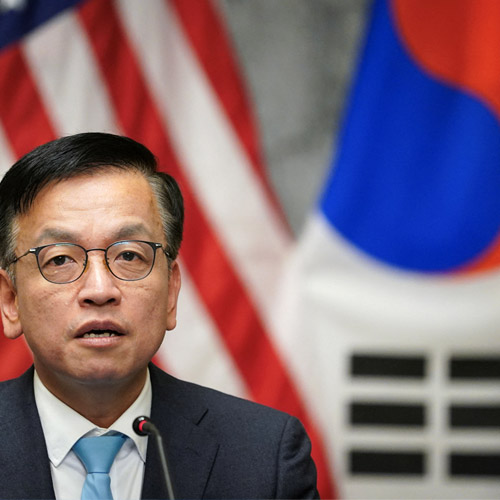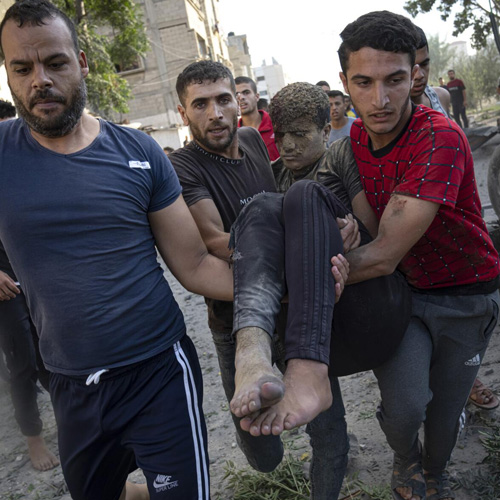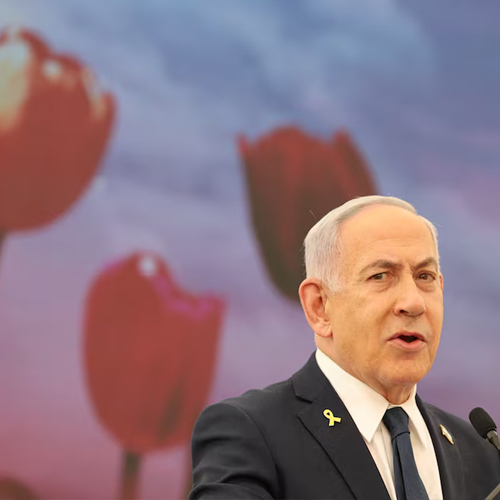US FOREIGN AID HAS PROVEN TO ERADICATE DISEASES FOR DECADES, BUT IMMEDIATE FUTURE UNCERTAIN
US FOREIGN AID HAS PROVEN TO ERADICATE DISEASES FOR DECADES, BUT IMMEDIATE FUTURE UNCERTAIN

Over the past century, United States foreign aid has emerged as a cornerstone of global health initiatives, playing a pivotal role in the eradication or near-elimination of several devastating diseases that once claimed millions of lives worldwide. From smallpox to polio, American financial and technical support has helped transform the global health landscape through sustained international cooperation and strategic investments. But even with the US courts ordering the Trump administration to resume some aid, the future is uncertain.
Although most people are unaware, the most remarkable success story remains smallpox eradication. While the World Health Organization coordinated the global effort, the United States provided substantial financial and technical support that helped make smallpox the first disease ever eradicated by human effort when it was declared eliminated in 1980. The Center for Global Development determined that the United States "saves the total of all its contributions [to smallpox eradication efforts] every 26 days because it does not have to vaccinate or treat the disease."
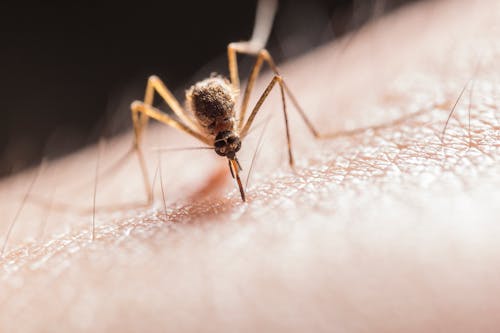
Building on that momentum, the U.S. has maintained its commitment to disease eradication through agencies like USAID and the Centers for Disease Control and Prevention (CDC). The Global Polio Eradication Initiative represents one of the most ambitious ongoing efforts, with a substantial slice of the eradication program's funding—14 per cent, or around $125m, according to Jafari—comes from the US each year.
This American investment has contributed to a dramatic 99% reduction in polio cases since 1988, though complete eradication remains elusive.
The near-elimination of guinea worm disease stands as another testament to U.S. global health leadership. Through partnerships between the CDC, the Carter Center, and USAID support, cases have plummeted from an estimated 3.5 million in the mid-1980s to historic lows. The late U.S. President Jimmy Carter's goal to eradicate Guinea worm disease remains on track, with 14 provisional human cases reported worldwide in 2024.
American foreign aid has also targeted river blindness (onchocerciasis) and lymphatic filariasis (elephantiasis), supporting mass drug administration programs and control initiatives that have significantly reduced disease prevalence in endemic regions, particularly across Africa.
The scope of U.S. global health investments has been substantial. In the 5 years before COVID-19, the agencies spent about $1 billion in over 30 countries. From FY 2015 to FY 2024, MCH funding increased from $1.18 billion to $1.29 billion, driven mainly by increased allocations for maternal and child health programs that include support for disease eradication efforts.
However, recent policy changes have cast uncertainty over the future of these successful programs. The current administration's approach to foreign aid has raised concerns among global health experts about maintaining momentum in disease eradication efforts. The disengagement of both USAID and the US Centers for Disease Control (CDC) from the WHO-led global polio eradication initiative, threatens efforts in the world's poorest countries with about $233 million more in a year in budget shortfalls, according to WHO's Regional Director for the Eastern Mediterranean.
Public health officials warn that reduced funding could undermine decades of progress. According to a September 2024 report by the Independent Monitoring Board of the Global Polio Eradication Initiative, over four million Pakistani children missed being vaccinated last year. Such gaps in coverage highlight the ongoing challenges facing eradication efforts, particularly in regions affected by conflict or political instability.
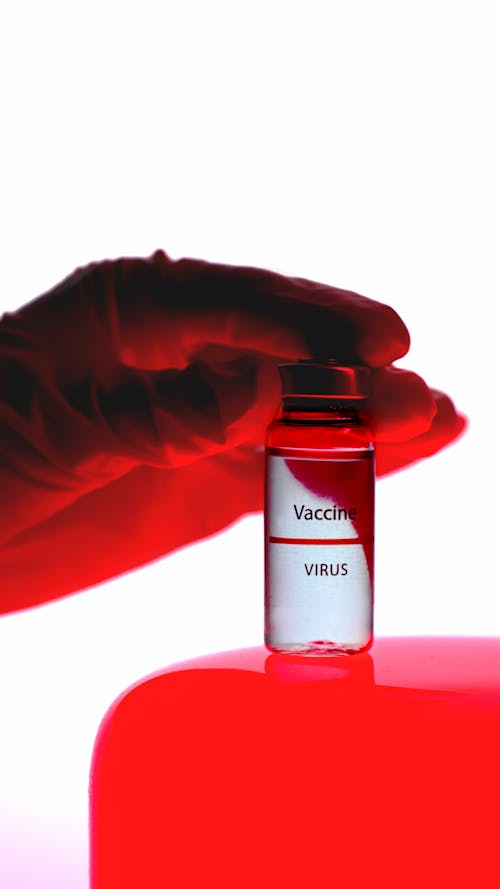
The implications extend beyond individual disease programs. The sudden suspension of USAID funding is triggering a worldwide humanitarian emergency, threatening health systems, economic stability, and global security—undoing decades of progress in development and disease control.
Despite current uncertainties, the historical record demonstrates the trans-formative power of sustained U.S. investment in global health. The eradication of smallpox and dramatic reductions in other diseases represent some of humanity's greatest public health achievements, made possible through international collaboration and American leadership in funding and technical expertise.
As policymakers consider the future of foreign aid, the century-long track record of disease eradication successes serves as compelling evidence for the strategic value of global health investments. These programs have not only saved millions of lives worldwide but have also enhanced global security by preventing the spread of infectious diseases that recognize no borders.
The ongoing efforts to eliminate remaining diseases like polio and guinea worm disease will require sustained commitment and international cooperation. Whether the United States continues its historic leadership role in these efforts may determine the success or failure of some of humanity's most ambitious public health goals.
Related News .
Stay updated with the most important events.


